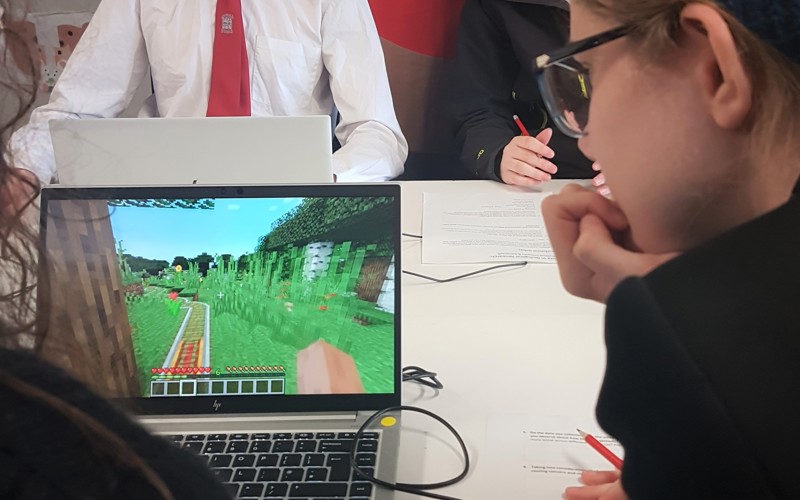
Public Engagement Fund returns for second year
Research Data Scotland (RDS) has announced the return of its Public Engagement Fund to support projects that improve public understanding of the use of data in research.
31 Jul 2024
Led by: Grampian Regional Equality Council
Funding awarded: £4,551

Grampian Regional Equality Council (GREC) ran a series of workshops with minority ethnic community groups in Aberdeen.
This work forms part of the council’s ongoing ‘How Fair is North East Scotland?’ project, and aimed to capture quantitative and qualitative data across local communities. The team were particularly looking to build evidence bases around inequality in the region, including how lived experience could effectively sit alongside research data to inform the work of policy makers. The sessions explored how communities can be actively involved in further building an evidence base and to understand the barriers preventing marginalised people from getting involved in data research.
The project team held focus groups with community groups, facilitating discussions around attitudes to data research and the implications for policy making.
Participants were asked:
40 participants took part, with the vast majority having first hand experience of immigration. During the sessions, participants focused on social issues and particularly the confusion around how to access services when first arriving in the UK. The consensus was that more research was needed into the experiences on immigrants in the early weeks and months of arrival.
The feedback, concerns and suggestions from community members will feed into the How Fair is North East Scotland (HFINES) resource and will also inform and strengthen policy influencing work both at a local and national level. GREC’s challenge will continue to explore how to set up effective and engaging Lived Experience groups and how evidence coming from these groups can help shape public policy. By amplifying the voices of seldom heard communities, Lived Experience groups can contribute to research and help build a body of evidence that supports decision-making processes.
Find out more about the project in this video, recorded as part of the RDS Public Engagement Fund showcase in February 2024.
You can read more about the project and their findings in their report: Public Engagement and Research in North East Scotland: Perspectives from Ethnic Minority Communities.
Related content

Research Data Scotland (RDS) has announced the return of its Public Engagement Fund to support projects that improve public understanding of the use of data in research.
31 Jul 2024

Public Engagement Manager, Katie Oldfield, reflects on our 2022-23 Public Engagement Fund and the impact of the projects it has supported.
Katie Oldfield
11 Mar 2024
To stay updated with Research Data Scotland, subscribe to our monthly newsletter and follow us on X (Twitter) and LinkedIn.
